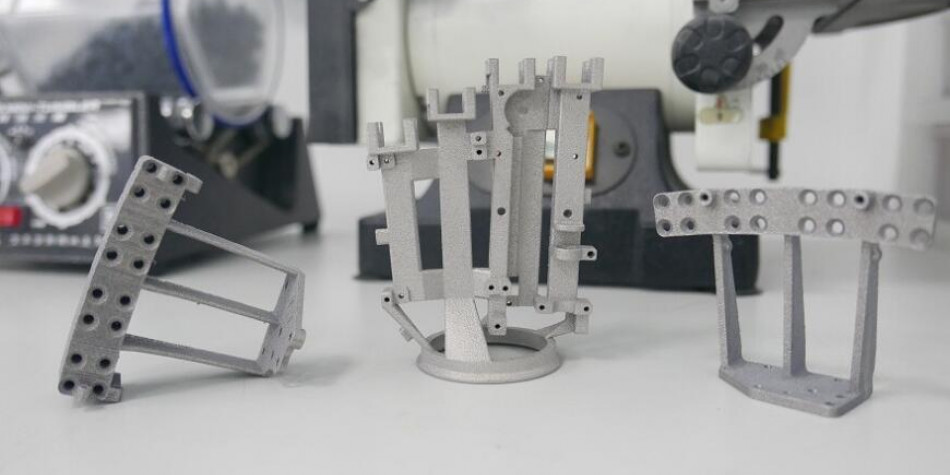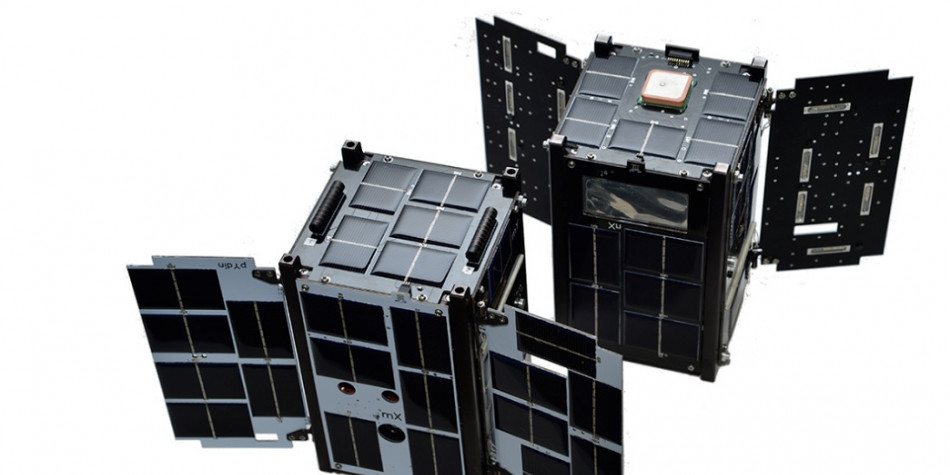
The 3D-printed thermoregulatory housing of the gamma-ray detector is installed on one of the two Yarilo satellites launched into space in 2020. This is a unique space project of the Bauman Moscow State Technical University in partnership with the Lebedev Physical Institute of the Russian Academy of Sciences and the INP MSU. Yarilo satellites are designed to study the Sun and space weather. The part printed in ILMiT is an important part of the satellite, which prevents overheating of the main equipment and ensures its stable functioning.
The new RS-333 aluminum powder alloy developed by specialists of the RUSAL Institute of Light Materials and Technologies was used for 3D printing. During its creation, the problem of low manufacturability in printing aluminum alloys doped with magnesium and silicon was solved. These alloys have good thermal conductivity and high strength. The case design was specially designed for 3D printing by the research team of the Skolkovo Institute of Science and Technology. As shown by ground tests, and then operation in space, the new mesh structure, obtained by 3D printing using a new high-heat-conducting alloy, provided a 20% reduction in mass while increasing the heat flow by 25%, which is the main indicator of the efficiency of parts involved in thermal regulation.
"Testing additive technologies in space is a unique opportunity to demonstrate the promise and reliability of using aluminum alloys and 3D printing in creating such an important unit, which depends on the stable functioning of the entire unit. We are confident that this experience will be useful not only for expanding the use of 3D-printed parts in scientific research, but also in practice in many high – tech industries – automotive, computer manufacturing, home appliances, mechanical engineering," said Viktor Mann, Technical Director of RUSAL.
ILMiT was established by RUSAL in 2017. The key task of the Institute is to develop, develop and bring to the market new types of products and materials based on aluminum.




